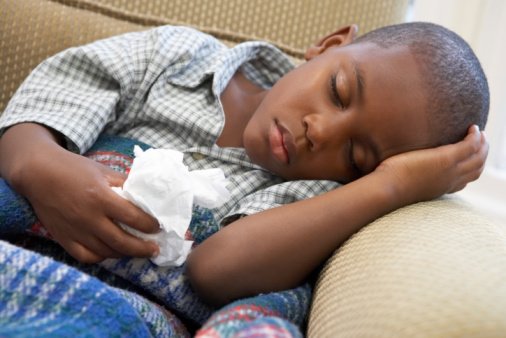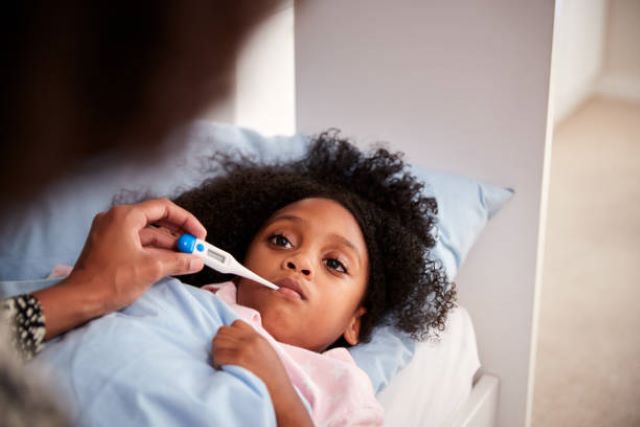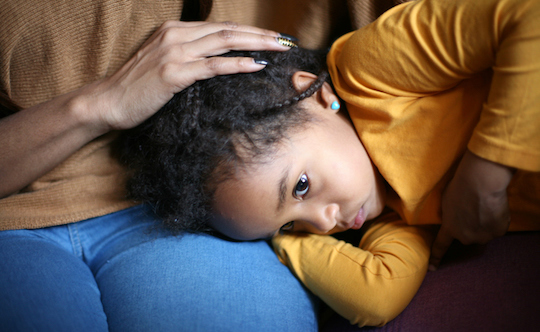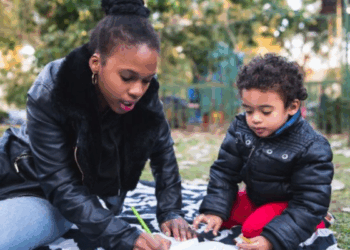When your child is sick, you want to do any and everything in our power to make them better as fast as possible. However, according to Dr. Kelly Fradin, a Harvard-trained complex-care pediatrician and mom of two, there are some things that you shouldn’t do when your child is sick. 
Here are five things that Dr. Fradin suggests in an article that she wrote for CNBC. Keep in mind, she also adheres to these things when her own children are under the weather.
If they have a fever but are sleeping, never wake them up for medication.
Dr. Fradin suggests that parents let their children sleep in order to allow their immune systems to do their jobs.
“While it can be scary when your child has a fever, if they are comfortable and resting, it isn’t an emergency that requires medication right this minute.”
Never hesitate to give fever controlling medication if they look uncomfortable.
“If your kid has a fever and they’re breathing faster or harder, drinking less fluids, or are having trouble resting, I would not hesitate to give widely-used, safe and effective medicine like acetaminophen and ibuprofen to promote comfort.”
However, Dr. Fradin goes on to say that if the medications don’t seem to be working, and you have administered several times a day, then it is time to make an appointment with your child’s physician.
Never focus on temperature over their appearance.
Thermometers are sometimes not as accurate as we like. In other words, they are not error-proof. Dr. Fradin suggests that parents pay attention to how the child is looking first and foremost. If the thermometer says that they have no fever, but they look like they are not feeling so well, then it’s time for a phone call to schedule a sick visit.
Never use anything but honey to help a cough.
“For kids older than one year, I exclusively use honey or cough syrup with honey as the main ingredient. These have been shown to work just as well as other medications, but with fewer risks.”
Note, cough syrups with many medications can lead to dosing errors. For example, if you give a child Tylenol and their cough medication also has acetaminophen as a key ingredient in it, that could lead to a potential overdose.

Never measure medicine in teaspoons.
“Children’s doses vary by age and weight. Teaspoons are different sizes, and teaspoons and tablespoons get mixed up, too,”Dr. Fradin wrote in her article.
She continued, “For safety, I always give dosing information in milliliters to enhance precision and prevent errors.”
Proper measurement guarantees that your child is safely receiving the right amount of medication for them to get well soon!
And of course, as always, if you have any questions or concerns about your child’s illness, remember to consult your physician.







